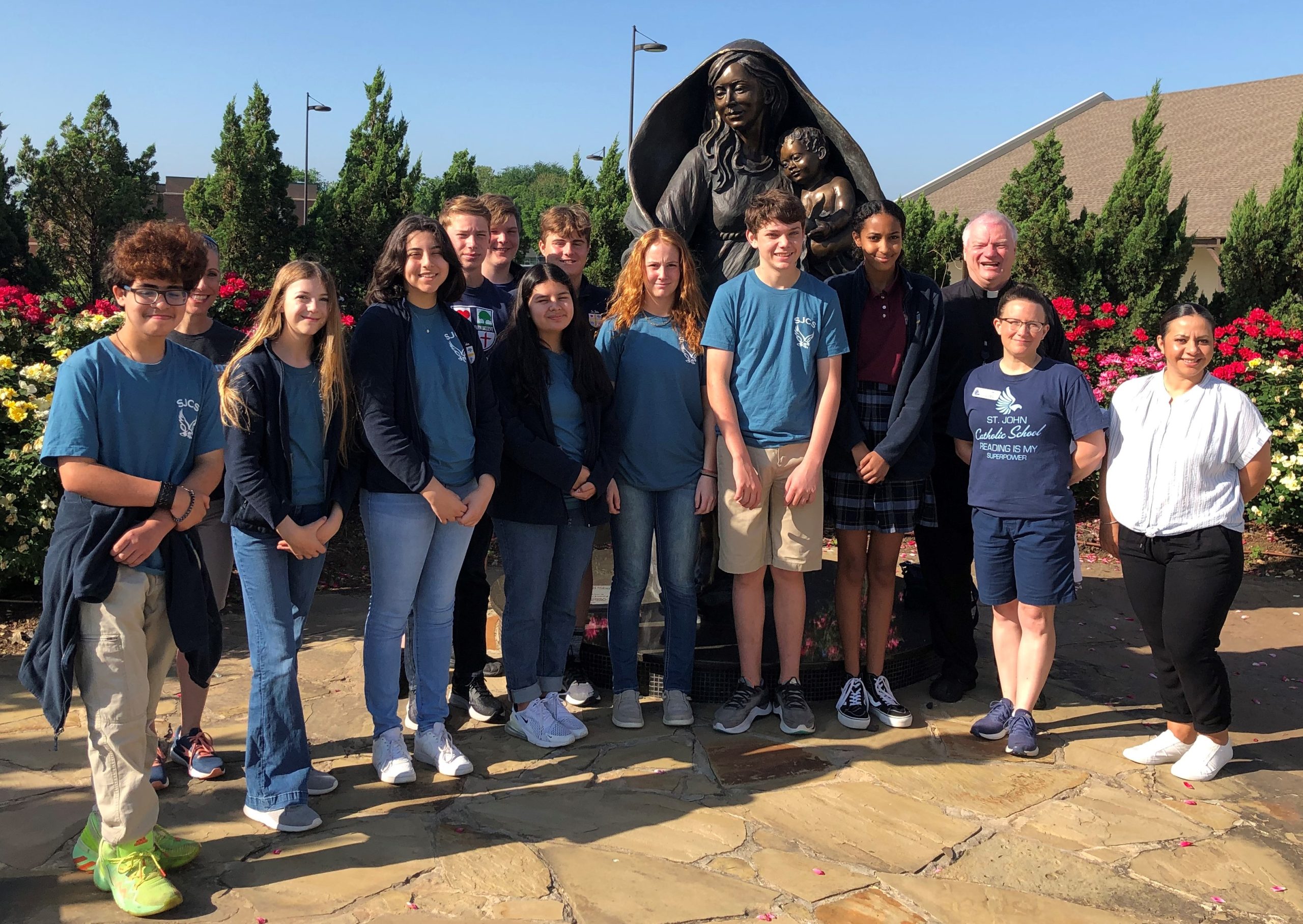Eight hundred Afghan refugees are expected to arrive in Tulsa in the next three to four months, with more possible in the future, an official with Catholic Charities of Eastern Oklahoma said Wednesday.
Eight hundred Afghan refugees are expected to arrive in Tulsa in the next three to four months, with more possible in the future, an official with Catholic Charities of Eastern Oklahoma said Wednesday.
Debbie Crowley, director of marketing and public relations for CCEOK, said the organization has not been told exactly when refugees will begin arriving, “but we are expecting it to start anytime.”
“The traditional refugee program, we have at least a week to set up an apartment for them before they get here — a week to two weeks to prepare for their arrival,” Crowley said. “We don’t really know with this situation if we are going to get that much notice. We have no idea.”
Catholic Charities is the sole refugee resettlement agency in the state. Catholic Charities of Eastern of Oklahoma is responsible for the Afghan refugees resettling in eastern Oklahoma, while Catholic Charities of the Archdiocese of Oklahoma City is responsible for the 1,000 Afghan refugees resettling in western Oklahoma.
The 800 refugees coming to Tulsa make up about 200 families, all of whom have already gone through an initial vetting process, Crowley said.
“When they left Afghanistan they were taken to nearby countries and then kind of divided by different countries to take in,” Crowley said. “So the ones that were brought to the United States were brought to military bases, and there they are vetted for security purposes and for health and medical.
“From what we understand, they are testing for COVID and tuberculosis and things like that.”
Catholic Charities’ immediate concern is finding temporary housing for the refugees, Crowley said, and then securing permanent residences in what is a tight rental market.
And that’s just the beginning.
“They have no clothing; they have no furniture or stuff to stock their kitchen,” Crowley said. “We set all of that up for them.”
Crowley said Catholic Charities of Eastern Oklahoma has been working with the U.S. State Department and the U.S. Conference of Catholic Bishops to determine how many Afghan refugees will be sent to Tulsa.
“The State Department allocates a certain number of refugees to the USCCB, and then the USCCB distributes them through all of our different agencies,” Crowley said.
Initially it was thought that Tulsa would receive 50 or 100 Afghan refugees, Crowley said, but that number grew as the need to find housing grew.
“Then they gave a number they had in the state they needed to find homes for and said, ‘Can you take more?’ Crowley said. “And we came up with 800, and there is a possibility they will ask us to do more down the line, but right now the number is 800.
“They have more people that they need to find homes for than the agencies have said they can take.”
Tens of thousands of Afghans were evacuated from their homeland last month when the United States withdrew from Afghanistan after a 20-year war with the Taliban. Many of those who left the country, including those headed to Tulsa, have been designated as “humanitarian parolees” rather than refugees.
The designation allows certain individuals to enter and remain in the country without a visa but does not automatically confer immigration status or public benefits.
“What that means is that at this time the government has not set a program for things such as health benefits or refugee cash assistance, which traditionally refugees get a monthly stipend for eight months,” Crowley said.
Instead, the refugees arriving in Tulsa will receive a one-time payment of $1,225, Crowley said.
The money is “for things such as rental deposits and setting up utilities and things like that,” Crowley said. “That doesn’t go very far, especially if it is a single person, but that is what we get. … They aren’t going to have Medicare or any kind of regular payments.”
Crowley said more than 1,000 people have already signed up to help the Afghan refugees when they arrive in town, including welcoming teams that will greet them when they arrive at Tulsa International Airport.
“We have kind of divided up all the tasks among the different organizations and different groups that are willing to help in different ways, so that is great,” Crowley said.
Anyone interested in donating goods or services to help the refugees is encouraged to go to cceok.org/refugees.
“It is going to take a lot of cooperative effort to get everything we need, but we are encouraged by all of the help we’ve gotten so far.”
City spokeswoman Michelle Brooks said Mayor G.T. Bynum fully supports the resettlement effort and has communicated that message to Catholic Charities.
“The mayor has also used his social media channels to raise awareness of the opportunities for everyday citizens to help,” Brooks said.
“Also, as part of our New Tulsans Initiative, we hope everyone understands that the city is committed to being a welcoming place for all and is willing to do what we can to meet the needs of this community.”
That effort is already underway, Brooks said, with city departments reaching out to local organizations that are assisting in the resettlement process.
“For example, city staff have made connections to property owners in the area and other potential options for temporary or long-term housing,” Brooks said. “More recently, Catholic Charities reached out to us to ask for help to secure bus passes for families, and our chief resilience officer is working with Tulsa Transit. “Our resilience officer also hopes that there may be some support available through the Affordable Housing Trust fund, and we are also looking into that.”
800 Afghan refugees expected in Tulsa over next three to four months | TulsaWorld

